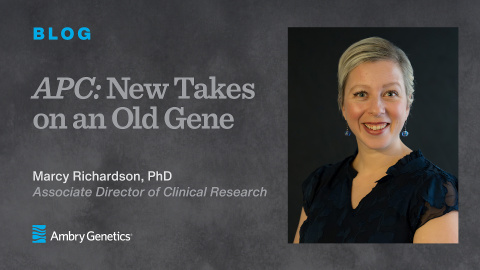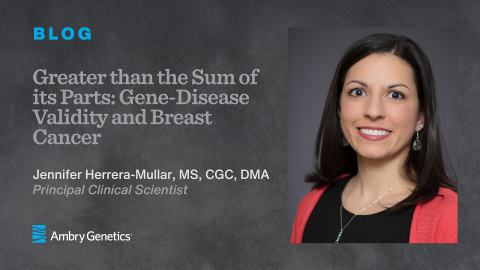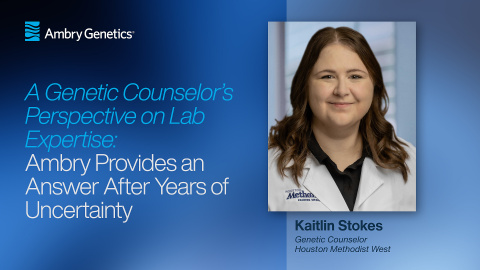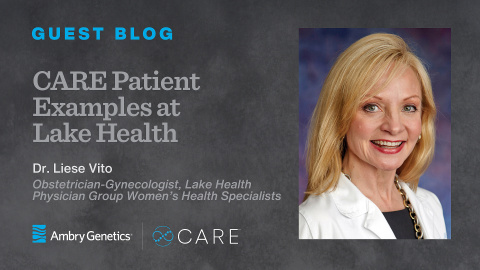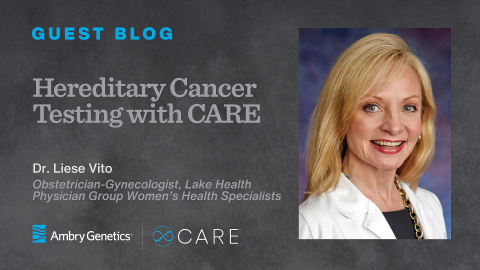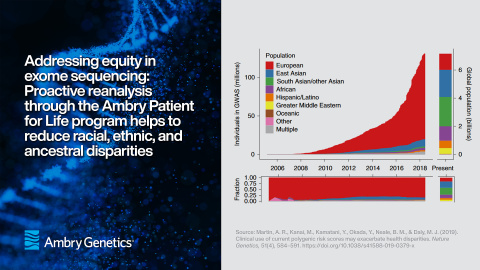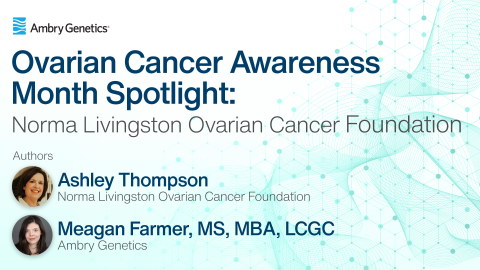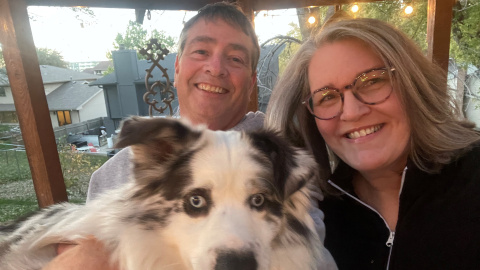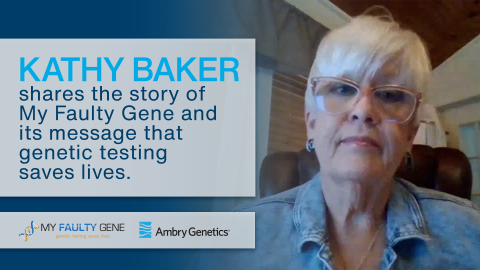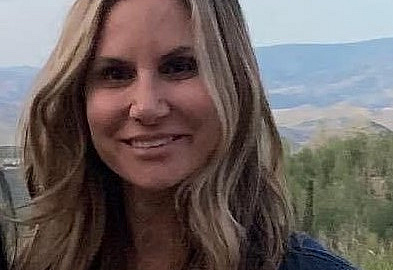- By Marcy Richardson, PhD
- Posted March 28, 2024
APC: New Takes on an Old Gene
A Brief History of APC The APC pathway was discovered in 1982 (more than 40 years ago!). APC is a tumor suppressor gene, meaning it helps the cell division process happen in a controlled way, which helps prevent tumor development. In 1991, Kinzler and Vogelstein discovered that pathogenic variants in the APC gene are…
- By Jennifer Herrera-Mullar, MGC, CGC, DMA
- Posted March 5, 2024
Greater than the Sum of its Parts: Gene-Disease Validity and Breast Cancer
One in every eight women will develop breast cancer in her lifetime.1 Considering there are 167.5 million women currently living in the United States,2 on a population level, that is a large number of women who will develop breast cancer. The vast majority of breast cancer cases are due to a combination of factors including, but not limited to:…
- By Meagan Farmer
- Posted February 21, 2024
A GC’s Perspective on Lab Expertise: Getting Answers After Years of Uncertainty
Kaitlin Stokes is a genetic counselor at Houston Methodist West in Houston, TX. She sees patients with personal or family histories of cancer that may be due to an underlying hereditary cause. We recently connected with Kaitlin about her role, and she shared, “I love what I do because I feel like I’m helping people. I’m giving them control…
- By Liese Vito, MD
- Posted February 7, 2024
CARE Patient Examples at Lake Health
Many patients are anxious about their family history—more than providers realize. In some cases, they may feel like a ticking time bomb with no options. In Part One of this blog series, I talked about The Ambry CARE ProgramTM and how Lake Health has been able to use it to identify more high-risk patients, increase family history and cancer risk…
- By Liese Vito, MD
- Posted January 24, 2024
Hereditary Cancer Testing with CARE
According to studies, 93% of high-risk women who qualify for breast MRI have not had one.1 97% of women at risk for hereditary breast/ovarian cancer have not had genetic testing.2 These healthcare gaps mean high-risk patients are being missed when it comes to proactive and preventative care. As a practicing OB-GYN for twenty years, I have seen…
- By Andrew Giles, MS, CGC
- Posted December 5, 2023
Addressing equity in exome sequencing: Proactive reanalysis through the Ambry Patient for Life program helps to reduce racial, ethnic, and ancestral disparities
We know there are healthcare disparities among racial and ethnic groups; these disparities also impact genetic testing. Research and clinical studies have lacked diverse representation and have been predominantly composed of people with European ancestry. As rates of testing have rapidly increased, this gap has only widened. This means much of…
- By Ashley Thompson
- Posted September 14, 2023
Ovarian Cancer Awareness Month Spotlight: Norma Livingston Ovarian Cancer Foundation
Norma was a healthy, active 65-year-old woman who was rarely sick and had always been proactive about her health. She went to her internist complaining of weight gain, abdominal discomfort, and a chronic cough. When the diagnosis was finally made, Norma had stage 4 ovarian cancer. She endured nine hours of surgery, countless rounds of chemotherapy,…
- By Lisa Kindel
- Posted November 15, 2022
Live Life Proactively: Trinity Chappelear Shares Life Post-ATM Mutation Diagnosis
The adage “knowing is half the battle” describes Trinity Chappelear perfectly. Her dear friend Brandi Preston lost her mother to breast cancer at age 14, spurring Preston to start The Kamie K Preston Hereditary Cancer Foundation, based in Omaha, Nebraska. The non-profit is devoted to educating and supporting awareness for genetic testing to…
- By Jodi Tahsler
- Posted November 10, 2022
A Q&A with My Faulty Gene founder Kathy Baker
My Faulty Gene is a nonprofit organization that provides information and assistance to individuals whose family medical history suggests genetic testing might be helpful in identifying an increased risk of disease due to a genetic mutation. They believe that everyone in need of genetic testing should have access to it. We sat down with Kathy…
- By Jaime Burguieres
- Posted September 29, 2022
An Attitude of Gratitude: Jaime Burguieres’ Previvor Cancer Journey Guided by Ambry Genetic Testing
When Jaime Burguieres was young, her 43-year-old maternal aunt was diagnosed with breast cancer. Burguieres watched her vivacious aunt go through painful radiation and chemotherapy treatments that seemingly eradicated her cancer at the time. A few years later, her aunt was diagnosed with Non-Hodgkin’s Lymphoma in the breast, stomach, and hip,…
